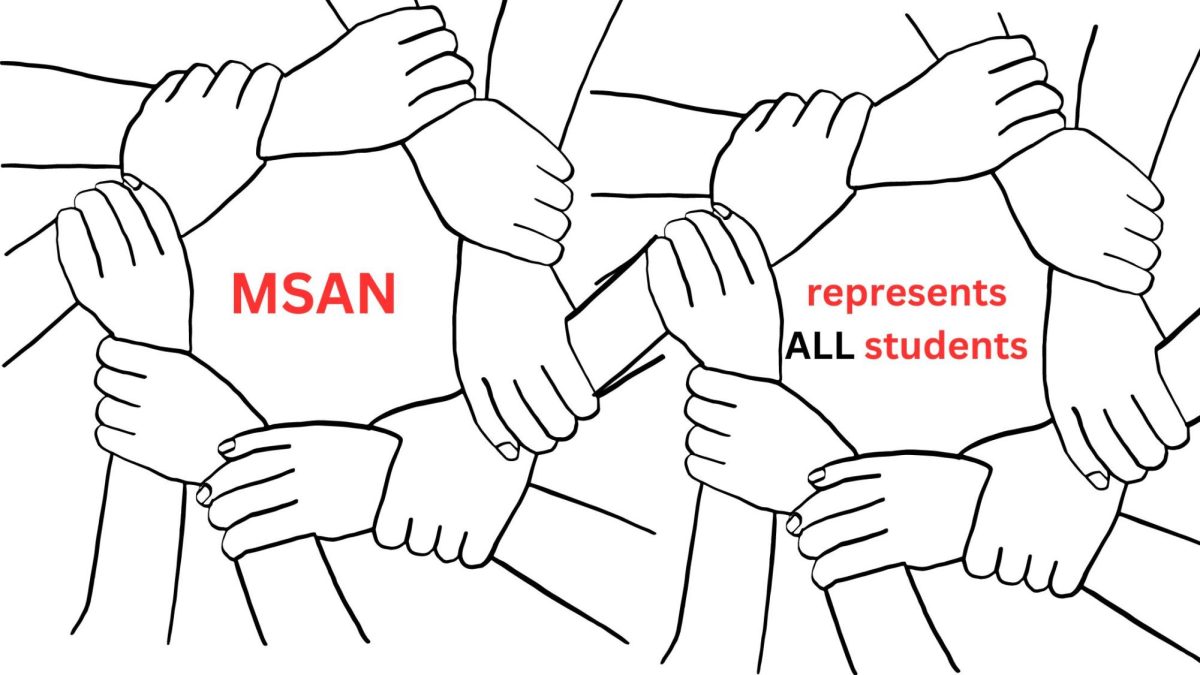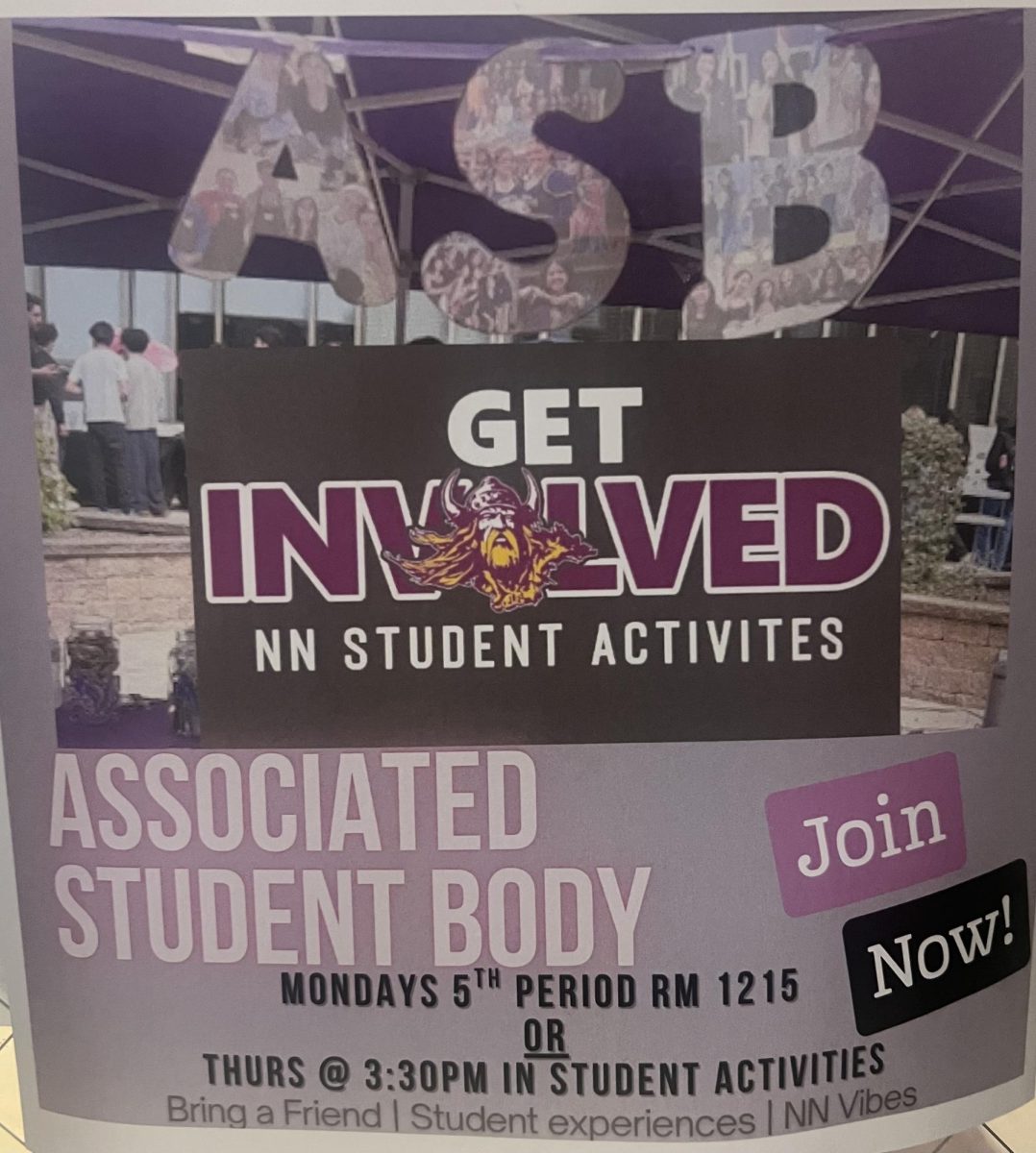In the tapestry of District 219, a vibrant thread of activism and empowerment weaves its way through the student body–the Multicultural Student Achievement Network (MSAN). Born out of a collective desire for social justice and equitable representation, MSAN stands as a beacon of hope for students of color, offering support, advocacy, and a platform for change.
“Our project this year was looking at the data of how many students of color had access to AP classes or took AP classes. We worked together to find an app that can encourage more students to take higher level courses,” Kalilah Henry, senior and four-year MSAN member, said. “We found SchooLinks checked all of those boxes for us and we proposed that students utilize SchooLinks for better preparation for high school and post high school plans.” SchooLinks was approved by the board and replaced Maia Learning once used. SchooLinks allows for a deeper dive into the futures of students, is all-inclusive, and allows students to choose courses and set up their schedules how they would want them to be.
From its inception in 2017 to its growth and evolution until 2020, MSAN functioned as more than just a club–it was a network of trained students dedicated to fostering multicultural student achievement. Each year, members came together to reflect on the progress made and outline areas for improvement, ensuring that their efforts remained focused on addressing the pressing needs of their peers.
There was an annual MSAN summit–a gathering where students from Niles North and West, along with other schools nationwide, converged to discuss pressing issues, share insights, and chart a course of action. Packed student panels provided a platform for sharing thoughts and experiences, reminding attendees of the power of collective voice in driving change.
During these summits, a resounding message echoed through the halls: change cannot happen in one or two days. It requires sustained effort, a commitment to looking at everyone equally, and a steadfast determination to dismantle discrimination in all its forms.
MSAN conferences served as another cornerstone of the network’s work, providing members with valuable insights and methods to address systemic inequities. Keynote speakers shed light on the challenges facing students of color and offered strategies for navigating a school system rife with bigotry and bias.
But MSAN’s work extended beyond the confines of conference rooms and auditoriums. Armed with slides, posters, and surveys, members ventured into classrooms, engaging their peers to discuss course selection, representation, and the importance of inclusive education. One particularly impactful initiative was the Parent Advisory Committee Presentation (PACP), where MSAN members informed incoming 9th-grade parents about the network’s goals, initiatives, and the importance of community involvement in fostering an inclusive school environment.
Through their tireless efforts and unwavering dedication, MSAN members demonstrated the transformative power of student-led activism. They showed that change was not just possible but necessary– and that by amplifying their voices and working together, they could create a more just and equitable society for all. “Anyone is welcome to join MSAN!” Henry stated. “Just reach out to Ms. Trazkus for more information.”









